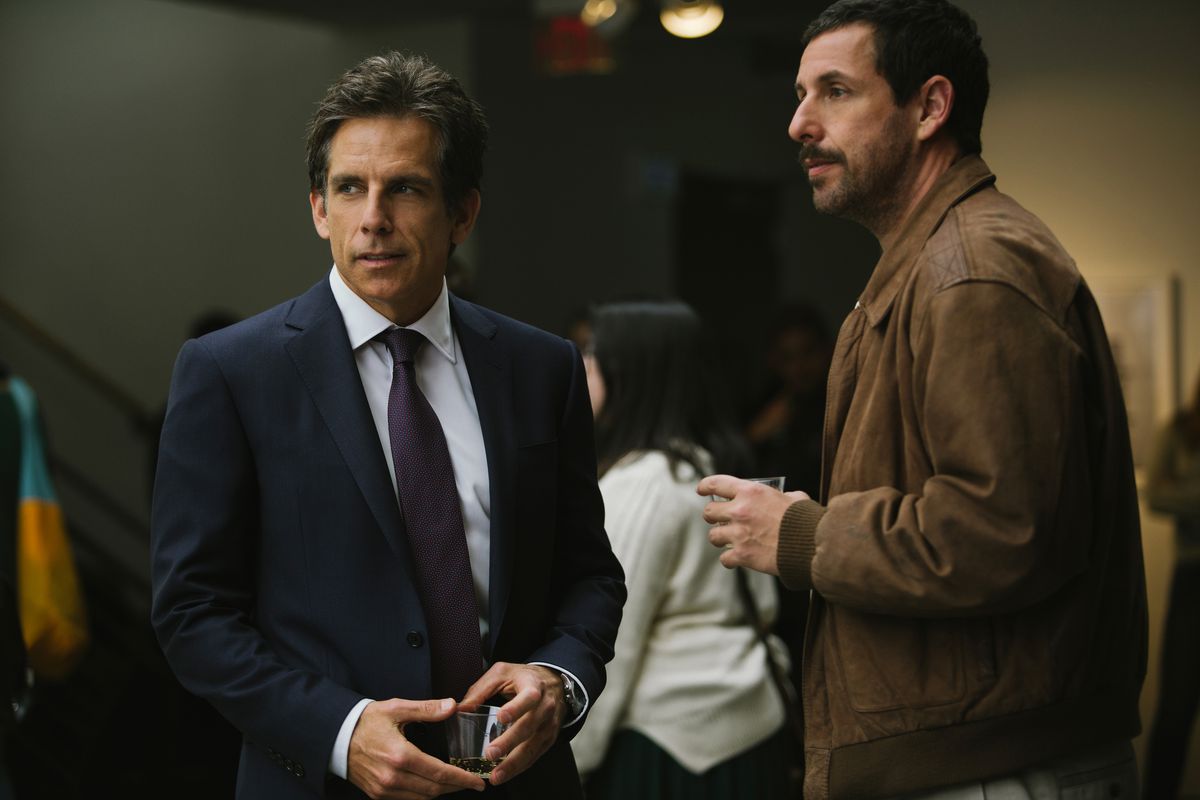Netflix has been ever-present in most of our lives now for a while, yet a couple years ago it still would’ve been hard to believe that the online-streaming platform would grow to become one of the major players in the entertainment industry. Now with over 130 million subscribers worldwide, and an $8 billion investment into new content in 2018 alone, that’s exactly what’s happened.
The legitimacy of the ‘Netflix Original’ was thrust into the spotlight at Cannes last year when a move deliberately aimed at ruling Netflix films out of competition was made. Pressured by domestic exhibitors, artistic director Thierry Fremaux ruled that in order for films to be eligible, they must have a theatrical release in France, something that directly impedes on Netflix’s straight to stream release format.
For audiences and industry professionals alike, this conflict seems to prompt a wider debate surrounding the future of cinema. Traditionalists are perhaps right in some ways to be apprehensive of streaming services. Christopher Nolan has been quoted as saying Netflix’s model “diminishes movies”, and he might have a point. Since 2015, with Beasts of No Nations setting the trend, audiences have been given less and less reason to make the pricey trip to the big screen, and on top of the financial implications this has, many think this erodes one of cinemas main stakes to being a global cultural institution. That is, it removes its key characteristic of being a communal experience. It’s hard to argue with this viewpoint. Part of what makes cinema the art that it is, lies in the sentimentality behind its theatrical treatment; the way its projected, the quality of its sound, its ability to create cultural events (one only has to look to the Star Wars franchise). In this sense, the industry is most certainly at a cross-roads, in danger of dismantling institutional hallmarks, but on the cusp of entering a new age where as a medium, film is reaching new levels of accessibility.
As someone who is interested in films, and not the things that surround them though, these traditions only count for so much. In terms of content, Netflix is changing the game when it comes to the creative licence granted to directors. Although their heavy emphasis on original content has brought with it many shows and films of poor standard (so much so that South Park have parodied how easy it is to get a show funded by them), it has also brought Okja, Annihilation, and The Meyerowitz Stories, to name a few. Where else would an anti-capitalist tale about a young South-Korean girl’s bond with a giant pig have been financed and found its audience? Similarly, a large studio may well have taken issue with the narrative and thematic ambiguity that drives Alex Garland’s Annihilation. Without shouldering the pressures of the Box Office these directors are working in a landscape of newfound freedom, one that I believe will continue to produce ambitious pieces of filmmaking… and you won’t even have to leave your bed to watch them.

